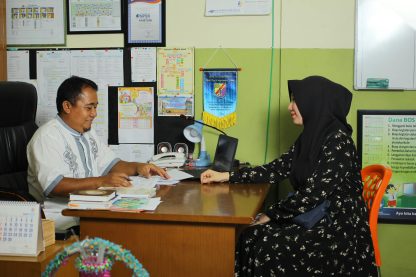Table of Contents
Experience and Maturity Level
When considering an appropriate age for a babysitter, it is important to take into account their level of experience and maturity. While some teenagers may be responsible and capable of caring for children, others may lack the necessary skills and judgment to handle challenging situations. It is essential to conduct thorough interviews and background checks to assess the babysitter’s qualifications and determine if they are the right fit for your family.
On-Demand Childcare in Your Neighborhood
Book a Sitter
Training and Certification
In addition to experience and maturity, parents should also consider whether the babysitter has received any relevant training or certification. Many organizations offer courses on subjects such as CPR, first aid, and childcare that can help babysitters respond to emergencies and handle various caregiving tasks. By selecting a babysitter who has completed these programs, parents can have peace of mind knowing that their children are in capable hands.
Responsibilities and Duties
Setting clear guidelines for the babysitter’s responsibilities and duties is crucial for ensuring that both parties understand their roles. Parents should discuss expectations regarding meal preparation, homework assistance, bedtime routines, and any other tasks that may be required during the babysitting period. By providing a detailed overview of the job requirements, parents can help the babysitter feel confident and prepared to handle any situation that may arise.

Communication and Emergency Protocols
Effective communication is key to a successful babysitting experience. Parents should establish channels for staying in touch with the babysitter while they are away, whether through phone calls, text messages, or video chats. It is also important to discuss emergency protocols, such as what to do in case of an injury, illness, or natural disaster.
By outlining these procedures in advance, parents can ensure that the babysitter knows how to respond appropriately in times of crisis.
Feedback and Evaluation
After the babysitting session is complete, parents should take the time to provide feedback and evaluate the babysitter’s performance. This can involve asking for the children’s impressions of the babysitter, assessing how well the babysitter adhered to the established guidelines, and determining if any improvements can be made for future sessions. By offering constructive feedback and praise, parents can help the babysitter learn and grow in their caregiving skills.
In conclusion, setting age-appropriate guidelines for your babysitter is an important aspect of ensuring the safety and well-being of your children. By considering factors such as experience, training, responsibilities, communication, and feedback, parents can select a babysitter who is capable of providing excellent care in their absence. Ultimately, the goal is to establish a positive and collaborative relationship with the babysitter so that both parties feel confident and secure in their roles.










